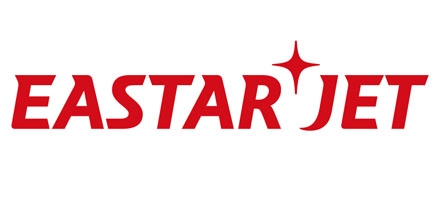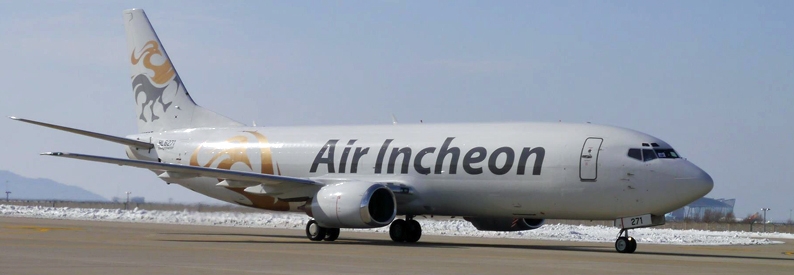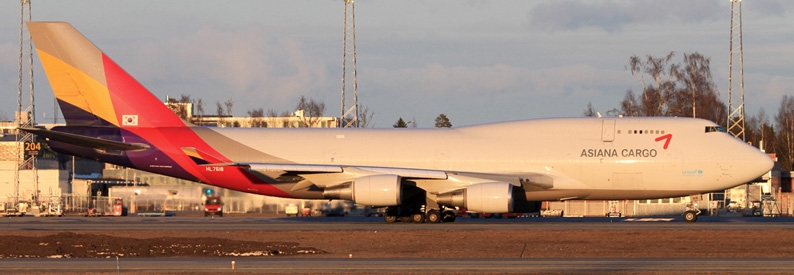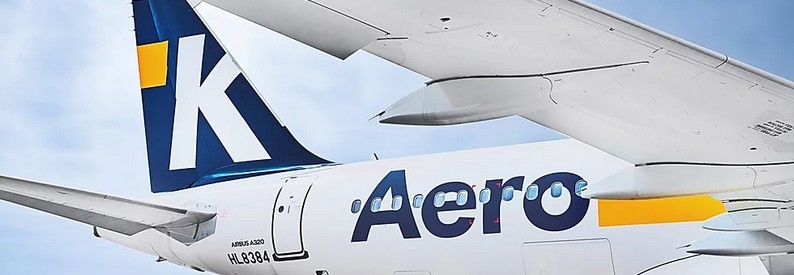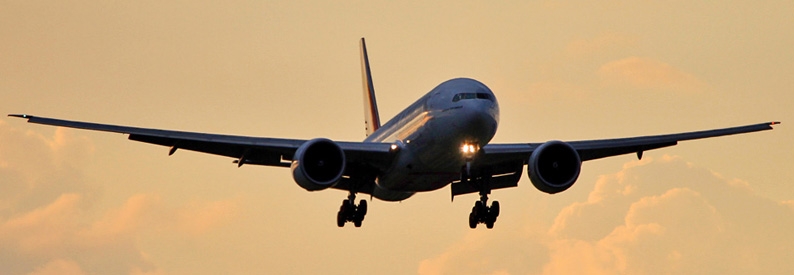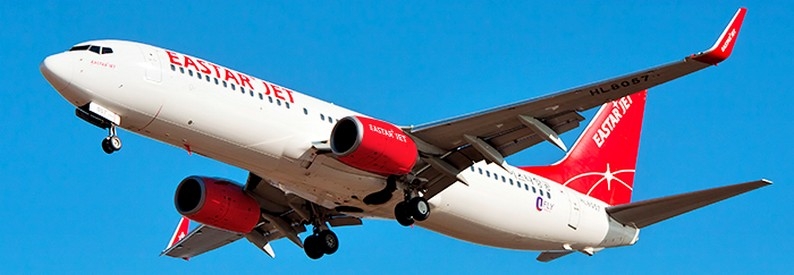As Eastar Jet (ZE, Seoul Gimpo) resets for a new attempted sale of a majority stake in the company, a restructuring to-do list has emerged, including a workforce cut of more than 50%.
The stricken carrier, which had its Air Operator's Certificate (AOC) suspended in June, launched a last-ditch process to find a new owner on August 18 after Jeju Air (7C, Jeju) scrapped its plan last month to merge with the smaller rival LCC.
Eastar has chosen Deloitte Anjin, Yulchon and Heungkuk Securities as lead managers to arrange the sale of a 51.17% stake in the airline, senior vice president Kim You-sang told the Yonhap News Agency.
It is in talks with two Korean private equity funds to sell the stake before the company is “placed under court receivership,” he said, as “there is no progress in resolving the dispute with Jeju Air.”
Reports also emerged this week that Eastar Jet was taking steps to drastically reduce its workforce. On August 21, sources told local media that the carrier would announce a restructuring list on August 31 including plans to lay off around 700 of its remaining 1,300 staff, a 54% downsize, by the end of September.
Employees who sign up for voluntary retirement will be given priority in future reemployment and in the payment of back wages, the sources said. However, most employees are believed to be opposed to the plan.
Earlier in the week, Eastar Jet executives briefed employee representatives and unions about the planned personnel cuts, explaining that they were necessary for the company to secure a buyer and survive.
As previously reported, the airline is looking to borrow about KRW6 billion won (USD5 million) from private equity funds to ensure a reissue of its AOC and a resumption of domestic flights.
According to The Korea Herald, the company will seek debt restructuring while under bankruptcy protection, a process it would apply for at the start of next month, they added.
Eastar Jet also recently announced a plan to return most of its all-leased fleet of 16 aircraft to lessors, leaving only five to seven aircraft. The ch-aviation fleets module shows that it currently has twelve B737-800s, two B737-900ERs, and two B737-8s, sourced from at least ten lessors.
